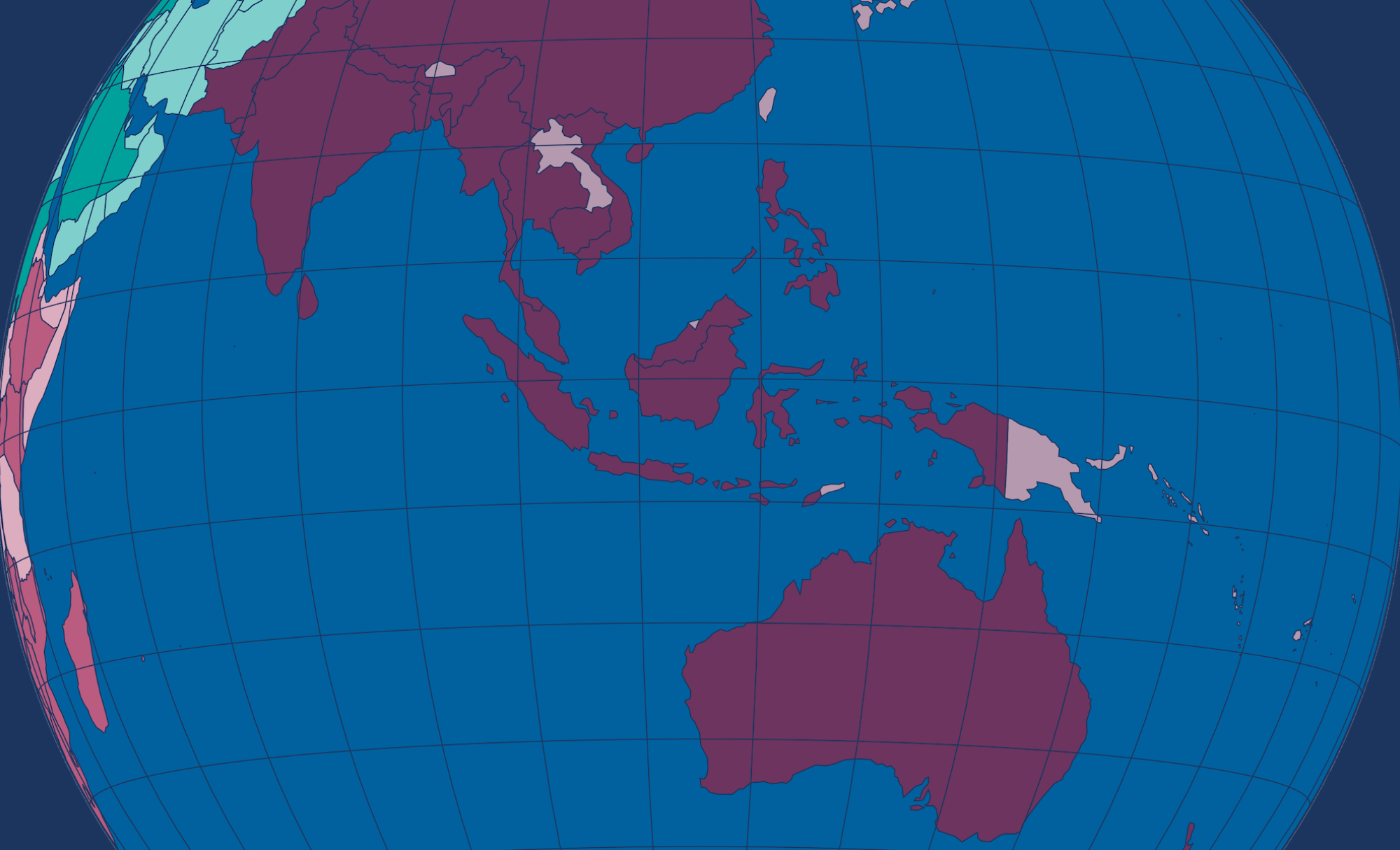
As we move towards the end of a year of elections which has put the workings of government in the spotlight, the new Blavatnik Index of Public Administration aims to start a data-led conversation about how civil services can improve their performance and learn from each other.
The Index provides a common framework to compare the performance of civil services and public administrations across 120 countries around the world. Singapore emerges at the top of the rankings, excelling in areas such as border services, tax administration, and innovation strategies and practices. It is followed closely by Denmark, Canada, Norway, and Finland, which also score highly across the four key domains which include national delivery, public policy, people and processes, and strategy and leadership.
Leo Yip, Head of Singapore’s Civil Service, said that he was “humbled” that Singapore’s public administration has been well rated in this inaugural Index. “We in the Singapore civil service have learned so much from the best practice of counterparts and public services around the world. The Index is an important effort to help us learn from one another and improve our own effectiveness, in order to serve our peoples better”, he added.
The United Kingdom ranks joint 6th alongside New Zealand. The UK Government may take confidence from the relative strength of the UK civil service in ‘policy making’ and ‘system oversight’. The Index also suggests that Ministers and Civil Service leaders are right to prioritise improving data and digital services. The UK civil service ranks less highly on these themes and may be able to learn from the experience of peer countries, for example on developing cross-government digital infrastructure and increasing the use of data in policy making.
Australia is just behind in 8th while the United States shares joint 9th place with Estonia, France, and Spain. These countries each excel in different domains of the Index, providing a rich potential opportunity for peer learning. Professor Ngaire Woods, Dean of the Blavatnik School of Government, called the results "a clarion call" for policymakers to catalyse improvements and a "golden opportunity" for civil services to look beyond their borders to learn from each other”, she said.
Chaired by Lord Gus O’Donnell, the former UK Cabinet Secretary, the Blavatnik Index’s Senior Leadership Panel includes influential figures from around the world, such as former and current Cabinet Secretaries and heads of public administrations. Reflecting on his own experience in government, Lord O'Donnell noted that the Index was a "valuable tool" to help civil services "better understand and monitor how their administration compares globally”.
Building on the success of the earlier Index for Civil Service Effectiveness (InCiSE), this expanded and refreshed version of the project draws on the best available data globally, whilst also identifying areas where global comparative information can be improved. Four key measurement gaps are highlighted, from cross-government collaboration and financial management to social security and employee engagement.
As civil services worldwide look to deliver on new political priorities in a shifting global landscape, the Blavatnik Index aims to provide an open source tool to catalyse peer learning, transparency, and continuous improvement in public administrations across the globe.



